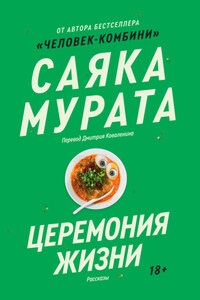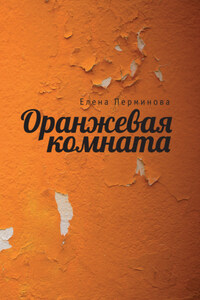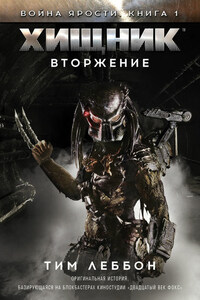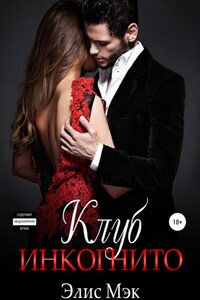This city is not mine by birthright: I was born over three thousand miles away in a sleepy town in the heart of England. But ever since the day I set foot on its sidewalks, I have felt caught up in the biggest, most welcoming embrace by every street, store and tree-lined avenue. I don’t know if a city can make a heart decision, but if it’s possible then New York chose to make me belong. And even though some of my most difficult and painful days have taken place here, somehow this city has always softened the blows—just like a good friend who sits you down with a cup of tea and tells you to be patient because things will turn out OK in the end. And you know they will. Eventually.
My friend Celia tells me that I’m a ‘Frustrating but Adorable Optimist in the Face of Overwhelming Evidence to the Contrary’. If you think this looks like a dramatic newspaper headline then you’d be on the right track: Celia writes a column for the New York Times and she’s lived here all her life. She was one of the first true friends I made in the city and she watches out for me like a slightly neurotic older sister. She won’t mind that description of her—come to think of it, that’s probably one of hers anyway.
Celia’s apartment is on the second floor in an elegant Upper West Side brownstone residence just off Riverside Drive on West 91st Street, and every Saturday morning we meet there to put the world to rights over coffee. Sitting at her maple table by the large picture window, I can see out to the street below. ‘Sit for long enough in New York and you’ll see everyone in the city walk by,’ Mr Kowalski always used to say. He was the original owner of my florist’s shop, before he retired to his beloved Warsaw with his daughter Lenka, where he lived until his death, just over five years ago. Mr Kowalski was another of the first true friends I made in my adopted country.
‘Rosie, you have no idea how blessed you are to have History in England,’ Celia declared one Saturday morning as she appeared from the kitchen with the coffee and a basket of warm muffins. As usual, we had entered a conversation a little way in from the start and continued as though we’d been there from the beginning. I couldn’t help but grin at her as she flopped down into the chair beside me.
‘Ah, history…’ I replied in a learned tone.
‘I mean, you Brits just don’t appreciate the awesome privilege of having kings and queens going back centuries. I can’t say that my ancestors were walking in New York in the tenth century. I can’t say that my family is born-and-bred American. I mean, heaven only knows where my family came from. I’m probably four-sixteenths Ukrainian with a touch of Outer Mongolian thrown in somewhere along the line.’
I was about to say that there is actually no such thing as a true English person either, and remark that my family probably came from Moravia or somewhere originally, but I could see this was a serious topic of concern for Celia. So I stayed quiet and poured the coffee instead.
‘Why are you so hung up about it, mate?’ I asked.
Celia’s troubled countenance softened and she reached for a muffin.
‘It’s my column for the Times next week. I’m thinking about the importance of history for humans to find their place in the world. The more I consider it, the more I realise it’s a nonstarter. Most of us don’t know our own history here—save for what we learn at school. We’re a hotchpotch of immigrants, convicts and dreamers, all clamouring for some damn utopia that doesn’t exist. We want to belong, yet we don’t know what we want to belong to.’
Somehow, I suspected those sentences would appear in her column soon. This is a regular phenomenon; in fact, I think our Saturday morning chats must be the best documented in history. If, in a thousand years’ time, historians want to know what things twenty-first-century friends were discussing, all they will have to do is to examine the archives of Celia’s column at the New York Times (which will, by then, be thought-transmitting to its readership, I suppose).
‘You are such a writer,’ I smiled. ‘Every word beautifully crafted…’
‘Honey, everything is copy. My father always said that.’ She picked up a teaspoon and frowned at her reflection. ‘And














